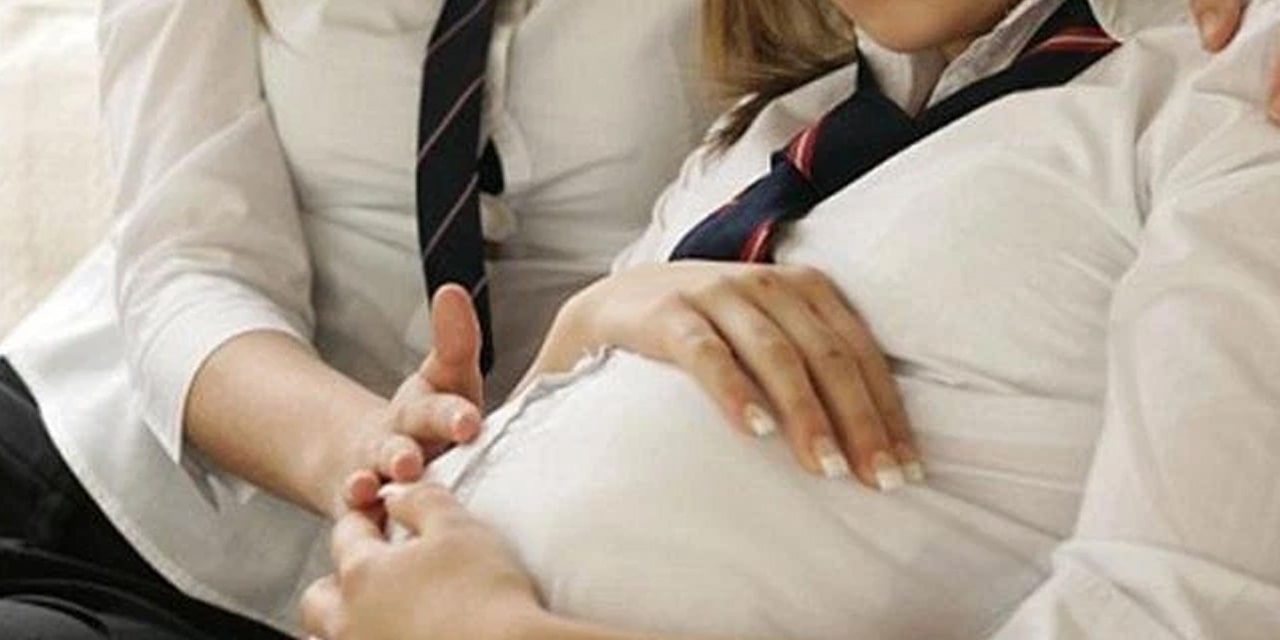Andrew Kathindi
The Ministry of Education has revealed that 3,629 school learners became pregnant since March last year when schools were forced to close due to COVID-19 lockdown regulations.
Education Minister Anna Nghipondoka argued that this reality was partly the cause for the Ministry’s stance on the re-opening of schools.
The figure is over two thousand more school learners than the entire 2019, which recorded 1,542 pregnancies of school going girls.
“The number of learners who get pregnant within the time frame of closure and re-opening doubled the normal numbers. I’m just trying to re-emphaize the importance of reopening schools. It’s a matter of taking calculated risks,” said the Minister.
This comes after the reopening of schools, which was set to be on 11 January for learners and 6 January for teachers, was postponed to 26 January for learners and 14 January for teachers amidst an alarming rise of COVID-19 cases.
According to the Ministry of Education, Arts and Culture’s data, 900 to 1,500 learners become pregnant during each year.
The 3,629 figure of impregnated learners in 2020 ties into a larger number of around 30,000 learners who went unaccounted for by the education Ministry due to the lockdown last year.
Omusati region leads the figures with 562 pregnancies, followed by Kavango West with 522. Kavango East had a similar number of 520, Zambezi 514, Ohangwena 443, Oshikoto 277 and Otjozondjupa 144. Meanwhile Khomas recorded 139, Kunene 116, Oshana 113, Erongo 99, Hardap 89, Omaheke 75 and Kharas 16.
“It’s not just due to pregnancies but there are 30,000 learners whom we cannot account for, and we’re not sure why they dropped out of school,” said the education minister.
“Meaning this is evidence that long time closure of schools results in us losing learners through the cracks without us really knowing where they are.”
Nghipondoka stated that research has shown that it is more disadvantageous to the learners to close schools rather than managing them at schools. There, they are more protected and they are exposed to other learners.
“Mentally and emotionally, they are supported.”




